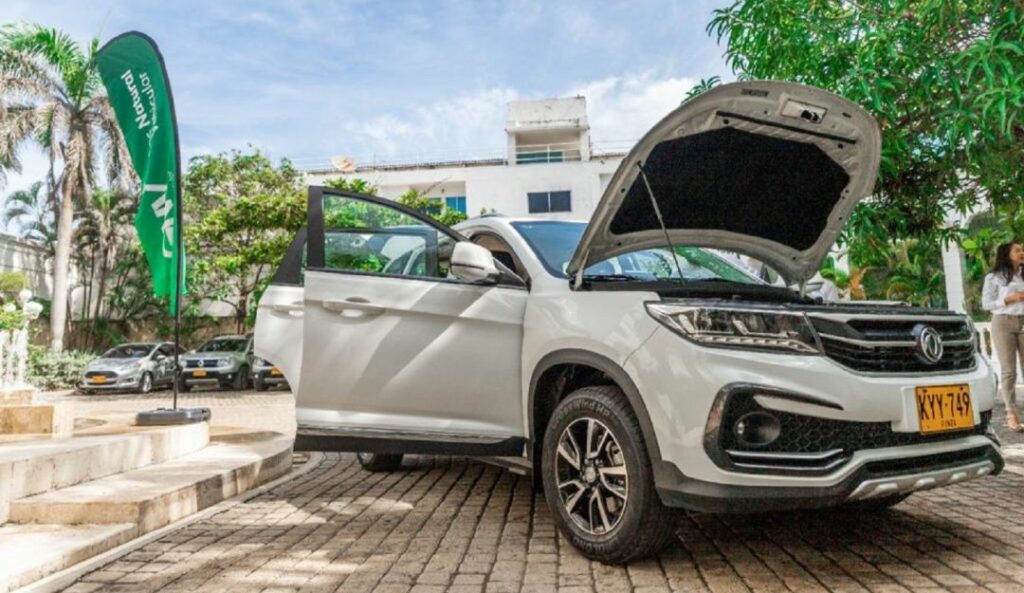
Surtigas Introduces New Natural Gas Vehicle Van

Natural gas vehicles can have an immediate and positive impact on air quality, energy security and public health. Cars using this type of clean fuel are among the most sustainable in commercial production today and generate only 5 to 10% of the emissions allowed, even by today’s most stringent standards.
In addition, the noise level of a natural gas engine is lower than that of a diesel, causing 90% less noise. This makes it a good choice, especially in densely populated areas or for vehicles operating at night. Also, refueling with compressed natural gas, compared to gasoline or diesel, reduces odor and vapor emissions.
Given all these benefits, the Colombian company Surtigas presented in Cartagena the Dongfeng sx5 dedicated van, which runs only on natural gas vehicles, reducing CO2 emissions by up to 30% and reducing the emission of polluting particulate matter by 90%.
With this new proposal of private vehicles dedicated 100% to natural gas, Surtigas seeks to reinforce its commitment to the Sustainable Development Goals through the use of clean fuels in private transportation.
It is equipped with a Mitsubishi 1.6 DOCH engine, front airbags, trunk with a capacity of 451 liters and 16-inch wheels.
Advantages
Among the most important positive aspects of converting to natural gas vehicles are the economic, since the cost of fuel can be between 45 and 55% higher than that of NGV. This is a great saving for drivers who need to take care of their pockets, especially public transport drivers such as cab drivers.
In environmental terms, monoxide emissions are reduced by up to 70% and non-metallic hydrocarbon emissions by up to 89% compared to gasoline.
Advances in Colombia
In Colombia there have been important incentives for the conversion of vehicles to gas: there are attractive incentives to do so. According to official figures of the Ministry of Mines and Energy, more than 500.000 vehicles, between light and heavy, are already running on NGV.
At present, 39 NGV refueling stations are active in the departments of Bolivar, Sucre and Cordoba and more than 4,000 dedicated vehicles, mostly belonging to the cargo and transport sector, are rolling through the Colombian territory, which increasingly consolidates natural gas as a reliable fuel to promote mobility and development in the country.





